We all want what's best for our cats. That's why we are always filling our homes with kitty toys, spending hours in the treat aisle finding the perfect flavor, and installing cat trees and shelves around our house. But sometimes we look over something important: essential nutrients and supplements. That's where omega-3 for cats comes in. Let's take a look at the many benefits this amazing fish oil can have on your cat.
What Are Omega Fatty Acids for Cats?
Omega-3 is a type of fatty acid. There are actually 11 types of omega-3 fatty acids. The most common for felines is docosahexaenoic acid (DHA) and eicosapentaenoic acid (EPA), which both come from marine sources like fish and other seafood. Sustainable anchovies and coldwater fish are great sources of EPA and DHA.
Omega-3 fatty acids can promote your cat’s wellbeing, making it a popular supplement to provide your furry friend. Many Omega 3 products are available as supplements and typically labeled as "Omega 3 fatty acids," "fish oil," or "fish oils."
What Does Omega-3 Do for Cats?
Omega-3 fatty acids have the same benefits for cats as they do for humans. Some of the biggest advantages of fish oils are:
- Shiny coat: Omega-3 fatty acids can help your cat benefit from a fuller, more brilliant coat. You may also notice a decrease in shedding thanks to Omega-3's nourishing qualities. This means fewer hairballs.
- Healthy skin: Thanks to its soothing benefits, Omega-3 is a great addition to any cat's diet. Of course, this fish oil can be even more beneficial for cats with skin allergies or dry, flaky skin.
- Joints: Omega-3 may help ease discomfort in your cat's joints. Cat's that are older and have arthritis may benefit from Omega-3 in their diet. You'll notice an increase in movement — including jumping and going up the stairs — when your cat has Omega-3 daily.
- Immune Support: Omega-3 may support your kitty’s resistance to some ailments. It could also help keep their vision and digestive functioning at their best.
What Does Omega-6 Do for Cats?
Omega-6 is often found in cat food. It's an essential fatty acid, the most common forms being linoleic acid (LA) and arachidonic acid (AA). Both of these are required in your pet's diet for them to remain healthy. Cats need a sufficient amount of Omega-6 in their diet to keep their skin and coat healthy, avoid reproductive problems, and ensure they are thriving.
What Does Omega-9 Do for Cats?
Omega-9 is not an essential fatty acid like 3 and 6. Still, it has some benefits for your feline. Some common omega-9 fatty acids include oleic acid (found in olive oil and poultry fat), mead acid, erucic acid, and nervonic acid (found in salmon, nuts, and seeds).
Although there have not been as many studies published on Omega-9's benefits, research shows promising results. One test done on mice explored a connection between omega-9 and abnormal cell growth. While there's nothing wrong with providing a cat with certain omega-9 fatty acids, it's not quite clear how nutritious and beneficial it is for this particular species and more studies need to be performed.

How Much Omega 3 is Needed for Cats?
There is no clear consensus when it comes to how much Omega-3 cats should have each day. According to Dr. Catherine Lenox, a veterinary nutritionist, roughly 30 mg of EPA and DHA combined per 1kg (or 2.2lbs) of body weight is appropriate for cats. Pet parents should also be aware that not every Omega-3 fatty acid is beneficial for cats. Fatty acids from fish oil are likely to provide the most benefit for your cat. Since every feline is different, reach out to a veterinarian before giving extra omega fatty acids to them.
How Long Does It Take for Omega 3 to Work?
The benefits of Omega-3 are not immediate and can take up to 2-3 weeks to take effect. Start your cat with a 1/2 teaspoon daily dose of Omega fish oil for cats. You can feed fish oils to them directly. But the best and easiest method is to mix fish oil into their food.
Ensure you maintain a daily routine to ensure proper benefits. Once you start to see positive effects in your cat, you can lower their Omega-3 amount to 1/4 teaspoon per day. However, this might be too low of an amount for your cat. To ensure your cat receives their optimal amount of Omega-3, you may have to change the amounts they consume until you hit that sweet spot and determine the proper amount that's right for them. Patience and consistency are key when giving your feline friend Omega-3.
How to Give Cats Omega Fatty Acids
There are a few ways to properly provide your cat with omega acids. The first is serving your cat food that contains omega-rich ingredients, like mackerel, salmon, and trout. Boil, grill, poach, or roast the fish to make sure the nutrients remain — avoid frying it! And don't add seasonings, especially strong ones. If you want to serve your cat raw fish, make sure it's freshly caught and hasn't been in the fish department for weeks.
Some cat foods will also have DHA and EPA, as well as fish oil or fish meal. Check the ingredients label for these items if you want to give them cat food that already has omega fatty acids in them.
RELATED: Cat Food Ingredients [Distinguishing Quality]
Omega-3 Fish Oil for Cats
Another way to provide your cat with omega fatty acids is through fish oil. A lot of pet stores will have fish oil bottles that allow you to drop some of the liquid into their food. Feeding instructions will show you how much fish oil to give your cat daily based on their body weight. Fish oils are very simple to use and make giving these beneficial oils to your cat simple and easy.
Hemp Seed Oil for Cats
Hemp seed oil comes from plants. It is considered one of the healthiest oils available, due to a rich omega-6 and omega-3 profile similar to fish oils. Unrefined hemp seed oil is often green, indicating its nutritional value. You'll need to refrigerate this variation. Refined hemp seed oil lacks the same nutritional value. It has a longer shelf life but is more often used for body care.
Hemp seed oil has a lot of benefits for cats. It's known to help them relax and may hasten recovery after an accident. Stiffness and swelling may decrease in cats given hemp seed oil. Their digestion could also see improvement.

Omega 3 Cat Treats
Treats are a great way to provide omega fatty acids to your feline. This is a tasty and fun way to give them these essential nutrients. Cat treats will often come with Omega-3, Omega-6, and Omega-9 fatty acids, letting you pick the fatty acid family that works best for your feline friend.
HolistaPet's natural, vegan, grain-free CBD cat treats not only have a savory salmon flavor, but also contain CBD hemp oil. It's the purrfect way to provide your cat with some soothing relief along with nutriton.
Wondering if your dog can also benefit from omega fatty acids and fish oils? You'll be happy to know they can! Both cats and dogs benefit from Omega 3! To find out how your canine companion can benefit, check out our article Omega-3 for Dogs!
CBD Oil for Cats
CBD hemp oil is another great product for your cat, especially if they seem to be stressed or experiencing discomfort. Cannabidiol (CBD) is a naturally occurring, non-inebriating cannabinoid found in hemp plants. It won't get your cat delirious, but it will give them a sense of calm and tranquility, along with its nutritional value.
Like in all mammals, your cat's endocannabinoid system (ECS) helps them maintain homeostasis — or balance. The ECS helps to regulate inflammation, sleep, mood, stress, digestion, and much more. CBD influences the ECS to perform at its best! Only buy CBD oil from a reputable company like HolistaPet. We have various other products in addition to CBD oil that you can give to your cat to improve their overall wellness.
RELATED: Endocannabinoid System in Dogs & Cats
Omega 3 for Cats - Fish Oil vs Hemp Oil
Both fish oil and hemp seed oil are great sources of Omega-3 for cats. However, there are a few differences between these two oils. Fish oil is an animal-based product, while hemp seed oil is completely vegan and derived from the seeds of hemp plants. Most cats find both oils very tolerable. However, fish oil may produce a few unintended side effects, especially when taken in extremely high doses.
Some of the side effects from taking too much fish oil may include:
- A fishy stench to your cat's breath or skin and coat
- Oily coat
- Diarrhea
- Vomiting
- Itchiness
- Dry skin
- Flaky skin
- Delaying wound healing
- Lethargy
- Drowsiness
You should immediately discontinue fish oil from your cat's wellness routine to resolve these side effects. Although hemp seed oil is beneficial for your cat, giving them too much of a good thing may end up producing several temporary and minor side effects. But unlike the numerous effects associated with overconsumption of fish oil, hemp seed oil's effects are not as pronounced.
Some of the side effects of excessive hemp seed oil consumption in cats may include:
- Dry mouth
- Fluctuation of appetite
- Diarrhea
- Drowsiness

Can I Give My Kitten Omega 3?
Yes, Omega-3 is suitable for your kitten. Omega-3 fish oil contains two types of beneficial compounds: EPA and DHA. Both EPA and DHA are crucial for your kitten's development and proper function throughout their life. By giving your kitten Omega-3 fish oils at an early age, you'll help start them on the road to optimum wellness.
Is Omega 3 Safe for Senior Cats?
Absolutely! Omega 3 is safe for cats of all ages, especially older cats. As we previously mentioned, Omega-3 contains EPA and DHA, crucial fatty acids important for your cat's overall development. Older cats with chronic issues can benefit greatly from Omega-3.
Does Omega 3 Go Bad?
Like many nutritional supplements, Omega-3 may go bad if it's not stored properly. It can also go bad if used beyond its intended shelf-life. Most Omega-3 fish oil products are good for roughly 2 years.
To ensure maximum potency and prevent your Omega-3 fish oil or soft-gel capsules from going bad, it's important to make a note of the expiration date on the bottle and to store it in a cool, dry place free from direct sun exposure. This will help reduce oxidation, keep your Omega-3 products fresh, and prolong their effectiveness. Hemp seed oil, which contains Omega-3 fatty acids, has a similar expiration date as most Omega-3 products (2 years) and needs to be stored in similar conditions to avoid becoming rancid.
Final Thoughts
Whether you're serving them salmon, upgrading their cat food, or giving them delicious cat treats, there are many easy ways to provide your feline with the essential Omega 3s they need to be healthy and happy. It's a great and easy way to promote your cat's glossy coat, excellent vision, and improve joint health. A great way to do this is to give your cat one of the many supplements available that contain Omega 3s, such as fish oils. Remember to talk to your vet if you're looking to add omega fatty acids and fish oil to your cat's daily diet!
If you want to give your cat these beneficial fatty acids from a plant-based and vegan source, consider giving them hemp seed oil instead. Regardless of which oil you decide to incorporate into your cat's wellness regimen, you'll help to improve your cat's overall health and keep them happy at all times!



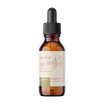
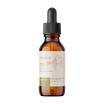
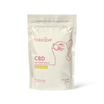


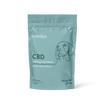
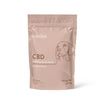


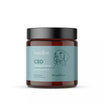

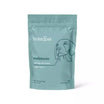





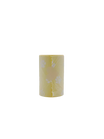



![Healthy Cat Treats [Best Ingredients & What To Avoid]](http://www.holistapet.com/cdn/shop/articles/healthy-cat-treats.jpg?v=1686599623&width=820)
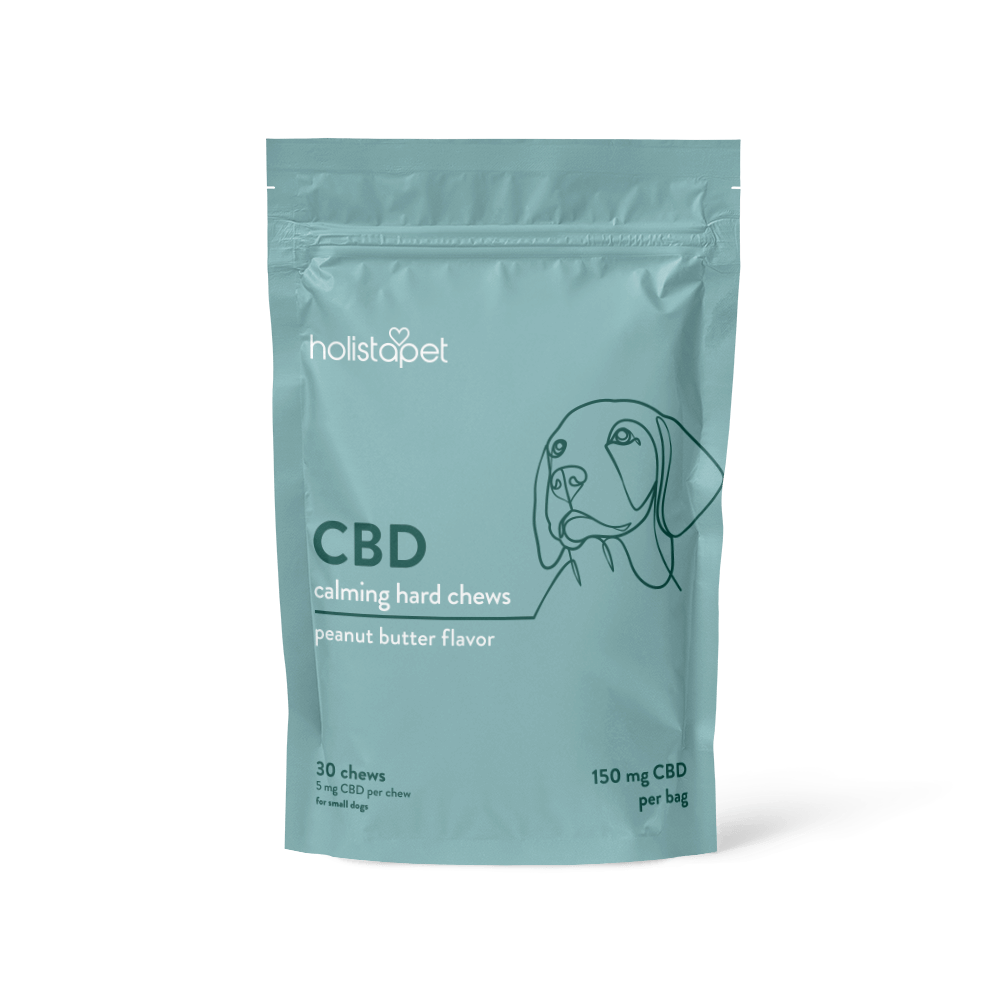
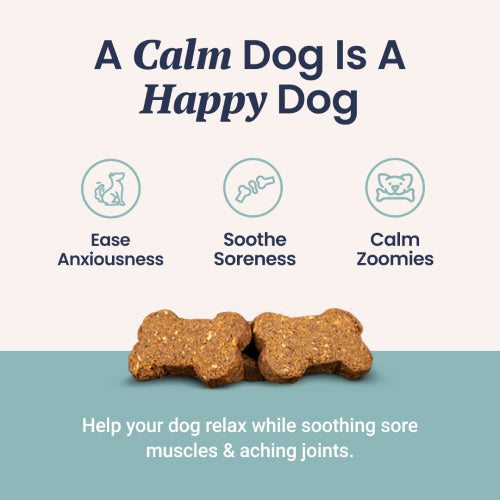
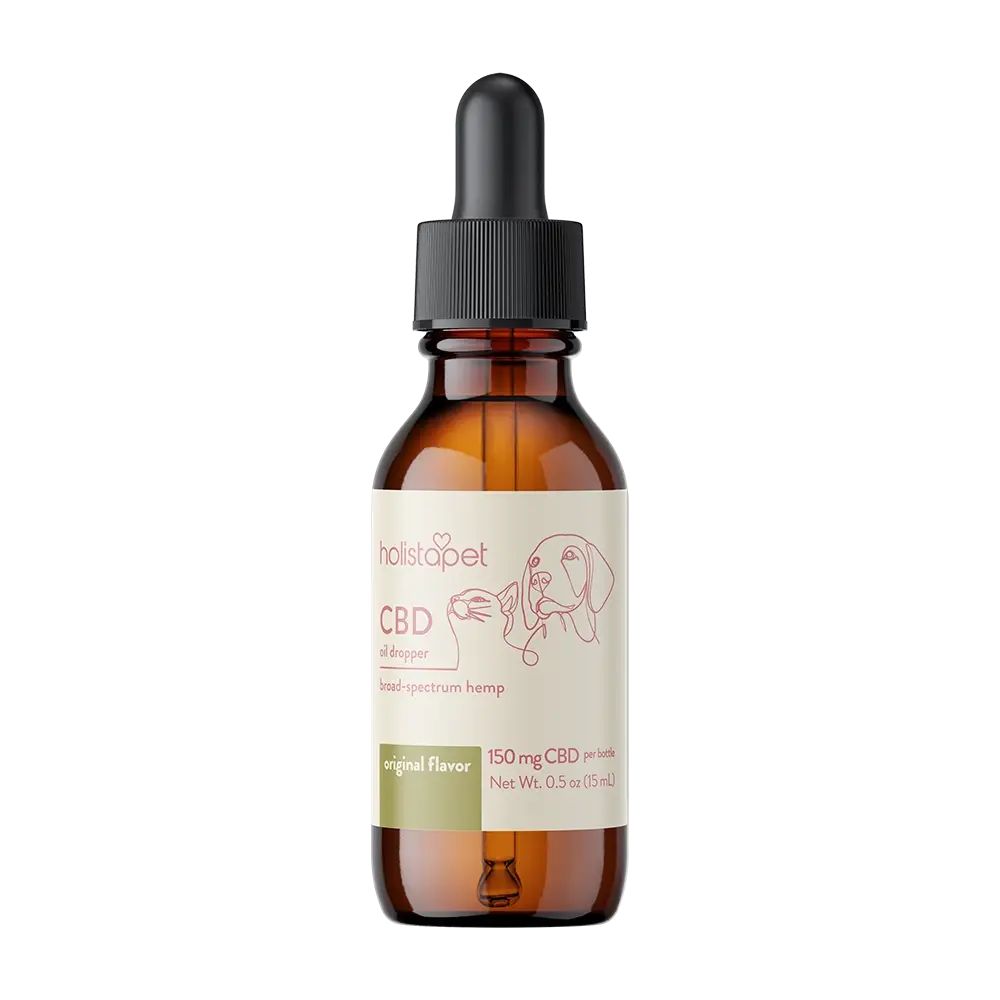
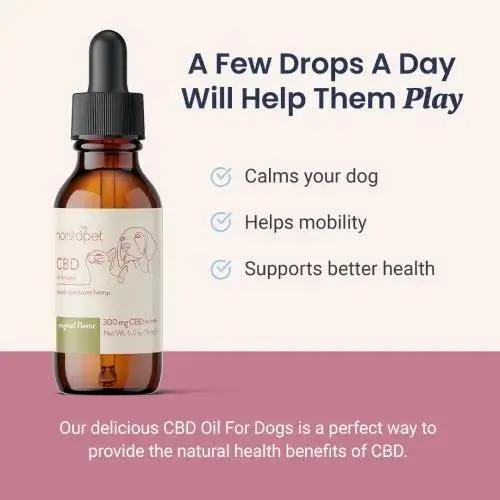
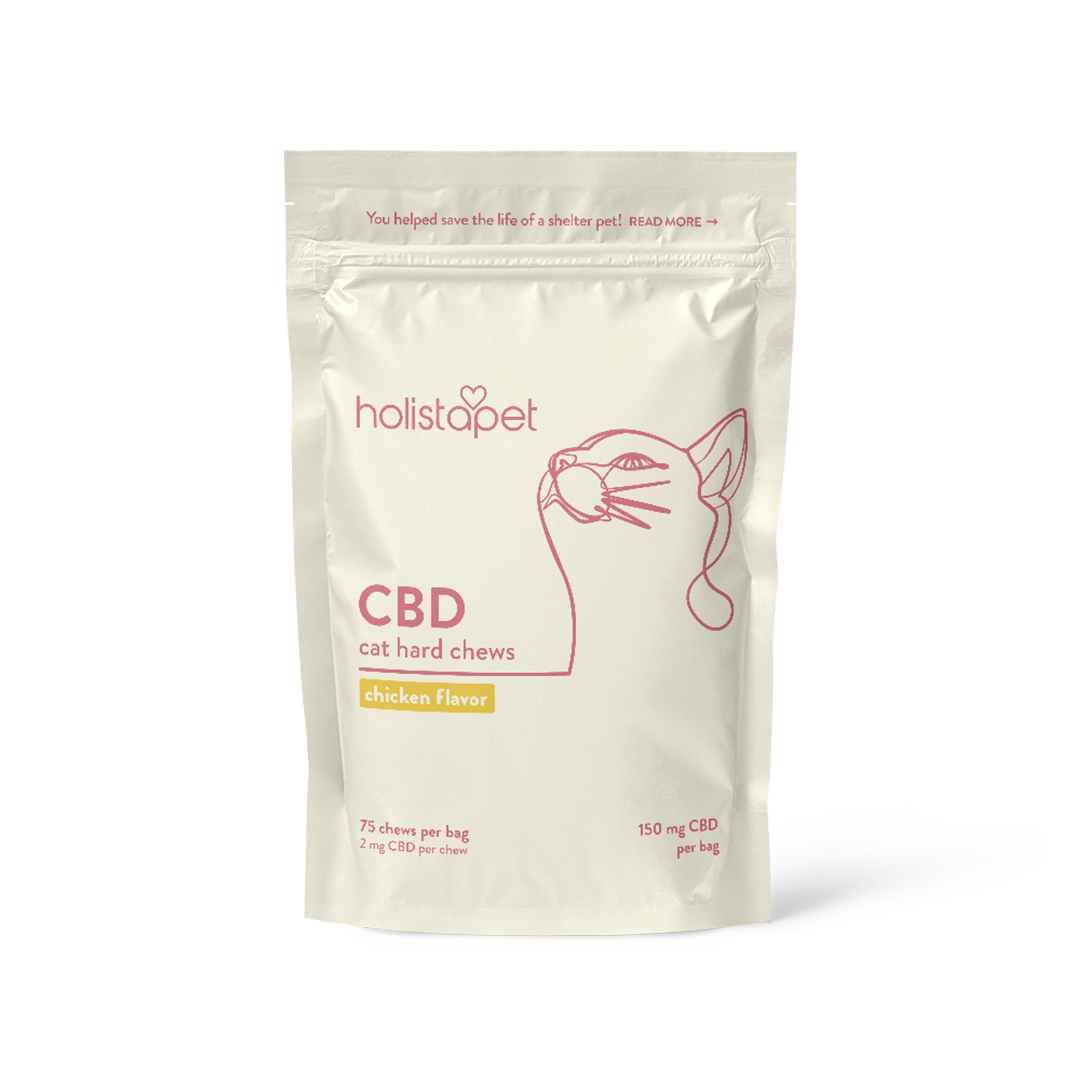
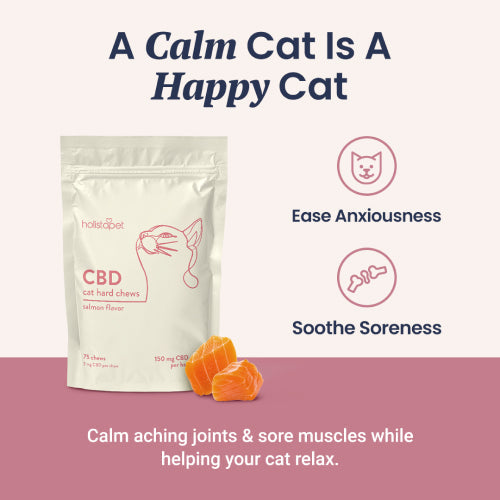
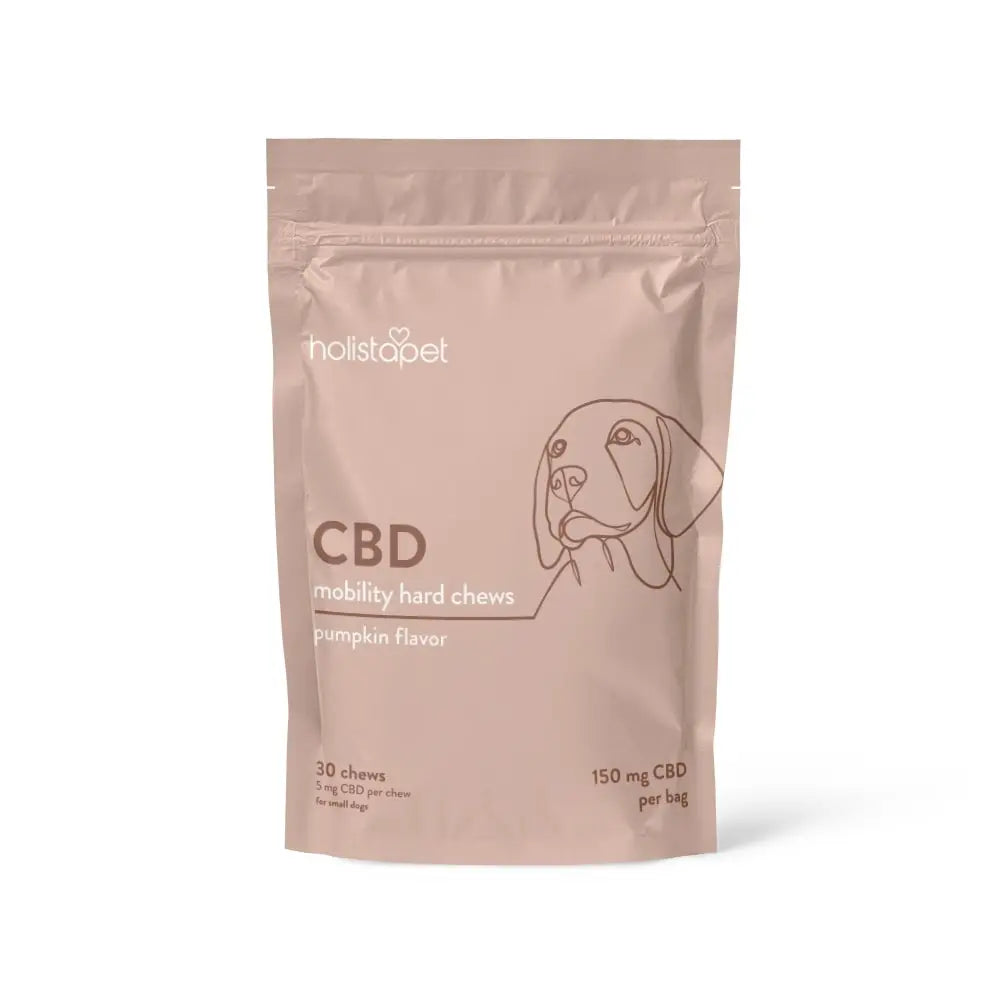
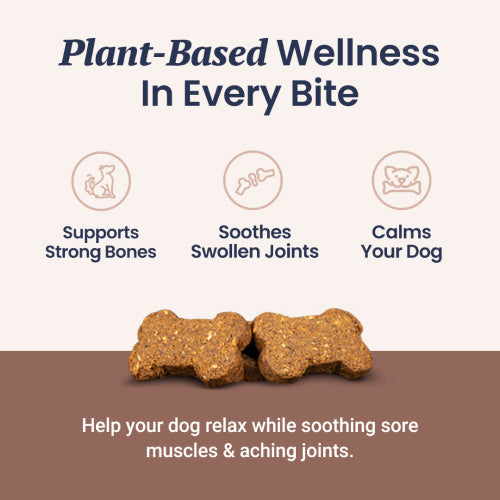
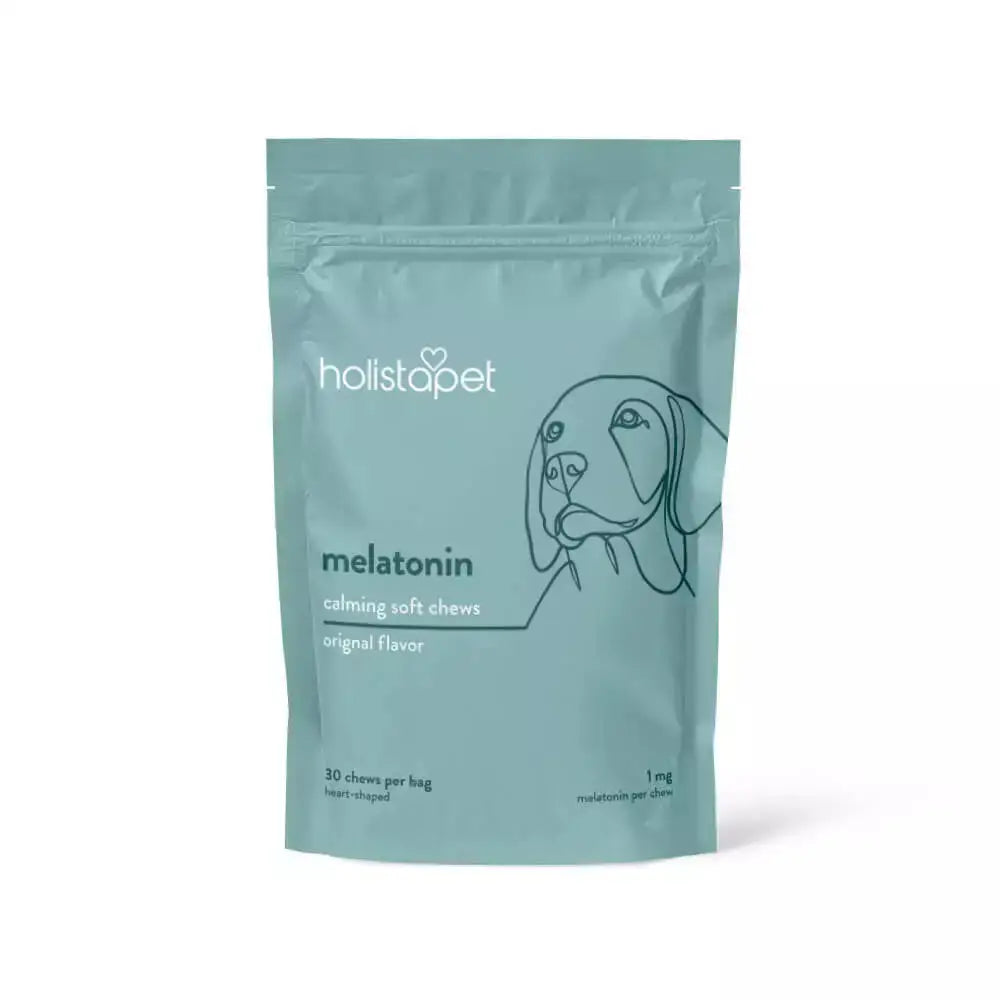
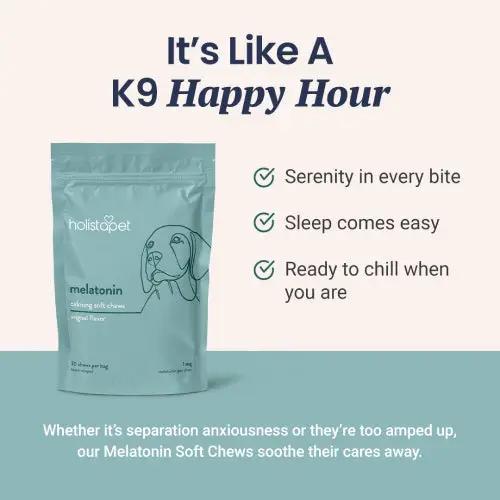
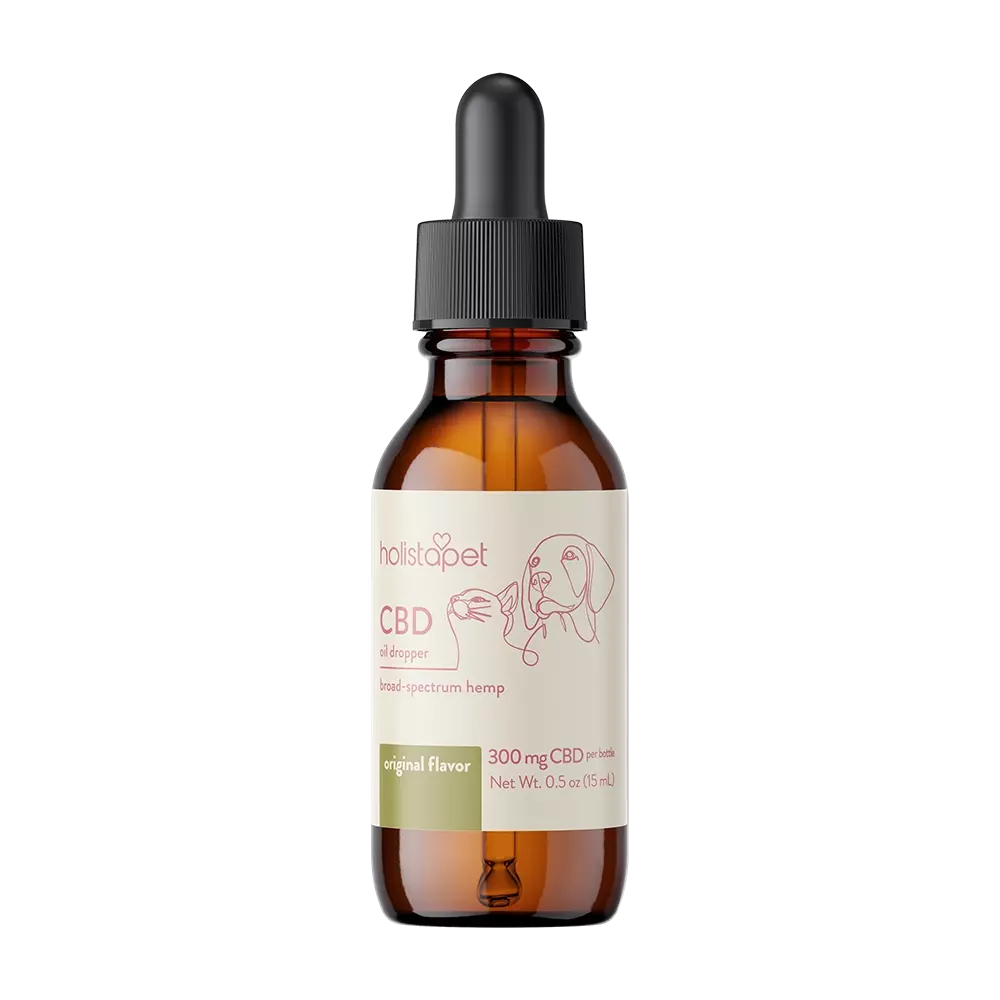
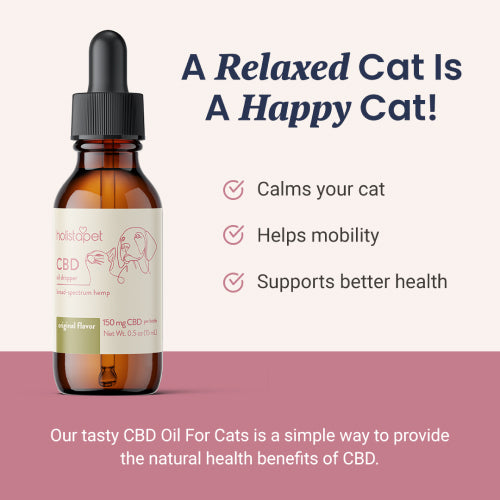
Leave a comment
This site is protected by reCAPTCHA and the Google Privacy Policy and Terms of Service apply.